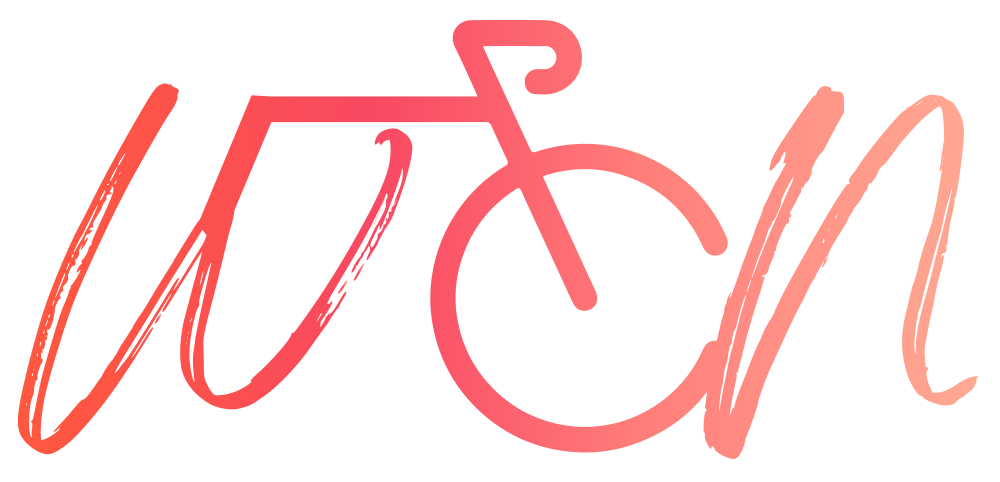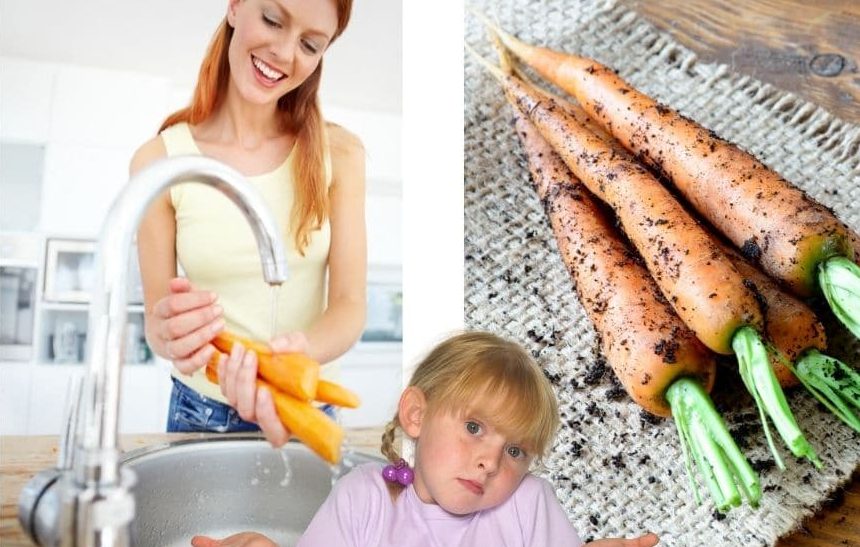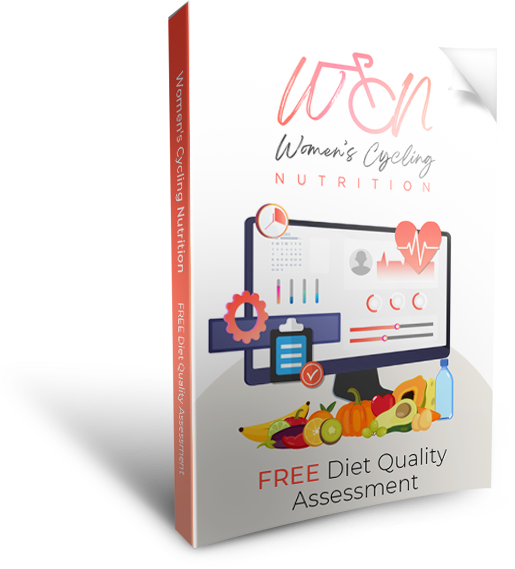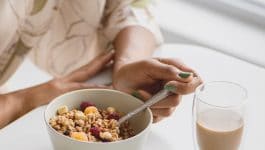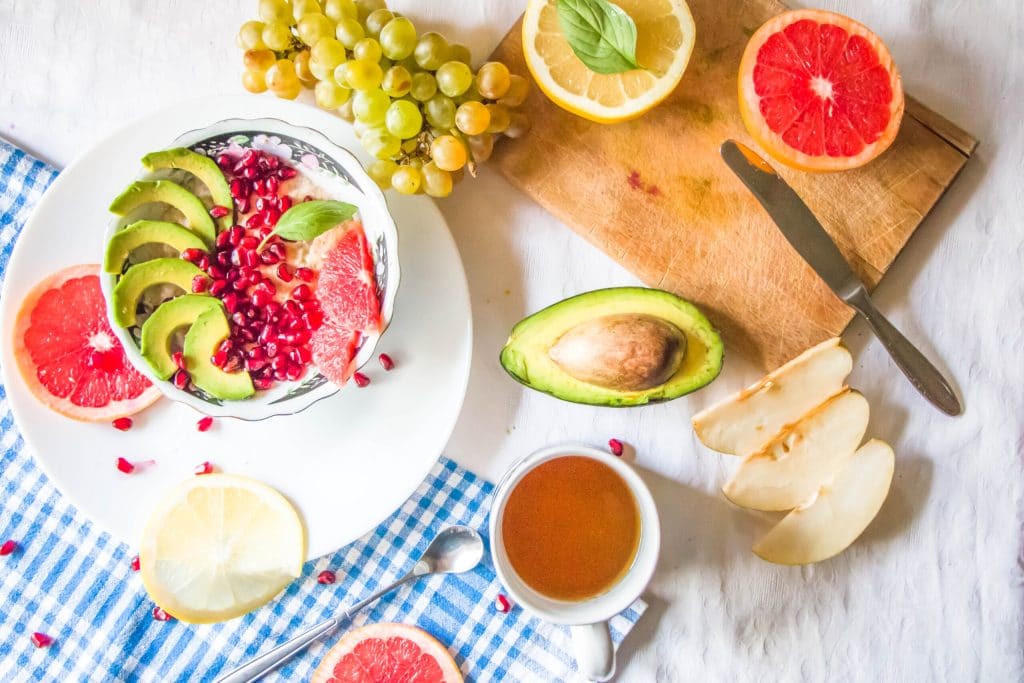
Active women are always looking for the next great diet or lifestyle modification that might improve their overall health, cycling performance, and quality of life. Cue the clean eating advocates who swear that their plan will be the answer to all your problems. But is it?
So, where did the term “clean eating” even come from?
Seemingly out of nowhere, clean eating has become synonymous with a healthy diet. But when you break down the premise and look at who is pushing this concept on social media, it is evident that “clean eating” is another restrictive diet.
Variations of clean eating have been around for a long time, but in the last decade, it has gained momentum through significant exposure from social media. According to foodinsight.org, what we know as clean eating today was introduced by a Canadian fitness model and coach who promoted the diet as a “celebrity” lifestyle.
What is clean eating?
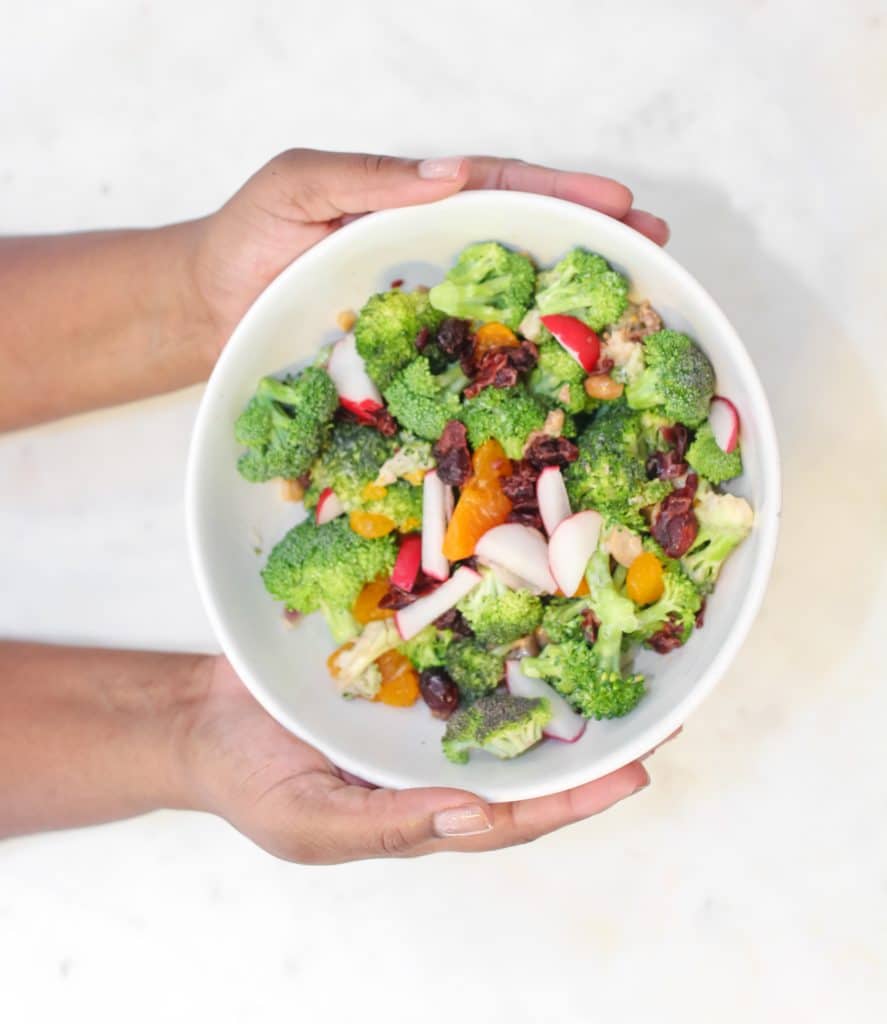
You may wonder, “what is clean eating?” Is it even a “thing”? The term clean eating has been adopted in different ways from individual to individual since there is no regulatory body that defines it as a medical or scientific term. There is an overwhelming lack of scientific data to back up claims that clean eating improves health or cycling performance.
The term clean eating or clean diet is subjected to every individual’s belief or perception. The most widely known definition is consuming foods that are as close to their natural state as possible. Organic fruits and vegetables, foods with no additives or preservatives, limiting processed foods containing added sugars or fats, lean meats, and homemade foods are part of the clean eating philosophy.
Is clean eating a safe dietary habit to follow?
It is vital to validate your sources when considering a diet or lifestyle change. There is little to non-scientific evidence that clean eating promotes health benefits or helps cure diseases as some influencers have advertised.
On the contrary, research shows a significant association between following a clean diet and eating disorders, anxiety, emotional distress, and psychosocial impairments. A study [1] conducted among young adults showed how a positive perception of the clean eating diet is aligned with the risks of eating disorders.
Is clean eating dangerous to our mental health?
Extreme diets are at the forefront due to exposure and promotion across social media platforms, putting specific populations at higher risk of developing physical and mental issues.
We must remember that there is constant pressure on social media to “follow what’s in”; therefore, evaluating which diets are backed up by scientific evidence is the key to preventing harmful lifestyle changes and eating practices.
Can clean eating be limiting instead of improving your cycling performance?
Clean eating proponents push organic, fresh, and what they view as non-processed foods as the only safe alternative. Produce and other potentially healthy and affordable food sources are categorized as unsafe or naughty.
Negative connotations surrounding food can lead to unhealthy obsessions and restricted eating habits, potentially leading to disordered eating.
Inadequate intake due to fear of non-organic or processed food will 100% limit your capability to cycle longer and harder. Many fueling recommendations that are instrumental in preventing a bonk, would be disallowed on a “clean eating” type of plan.
Just like abs are made in the kitchen, you can make or break your cycling performance by not consuming adequate calories or balance within your diet.
Is clean eating realistic, practical, or even affordable? 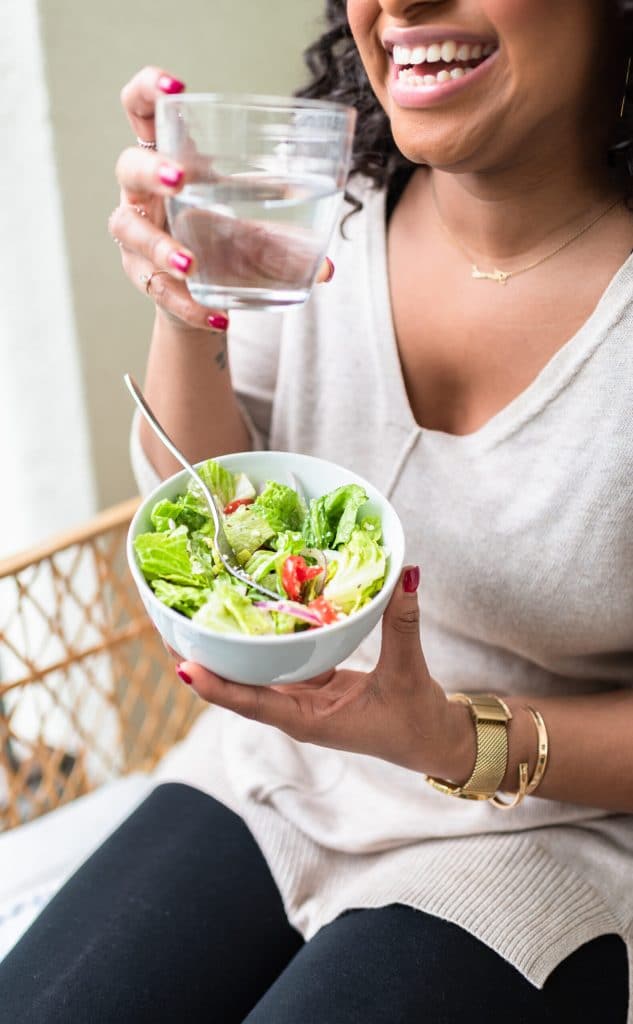
One of the main foundations of clean eating is to consume organic and fresh products that are not processed. According to the USDA, for a food to be labeled organic, it must meet specific criteria when produced and handled “through approved methods that integrate cultural, biological, and mechanical practices that foster cycling of resources, promote ecological balance, and conserve biodiversity. Synthetic fertilizers, sewage sludge, irradiation, and genetic engineering may not be used”.
An important point to keep in mind: organic farming is not synonymous with pesticide-free. Organic farmers employ pesticides, but they are derived from natural versus synthetic sources.
Being that cycling is an expensive sport, for women who must stay within a budget, it may be difficult to follow a clean eating protocol. Organic products tend to be more expensive.
As cyclists, we want to spend every available minute in the saddle. The time required to plan a clean eating way must not be negated.
Eating clean can also involve constantly thinking about which foods are “clean” and which foods should be avoided, especially when eating out at the supermarket, leading to obsessive behaviors, emotional distress, and social problems. In other words, you can kiss the end-of-ride coffee stop goodbye!
Is organic healthier?
Are all organic foods healthier options? Not necessarily. Some organic foods have similar or even more sugar, salt, fats, or calories than their non-organic counterparts. So, do not be fooled by the word “organic”; this is a lesson to read your food labels!
After all, organic potato chips are just potato chips in fancy packaging. While chips may be yummy, they may not be the most nutrient-dense option to help you reach your health goals.
The problem with the dirty dozen
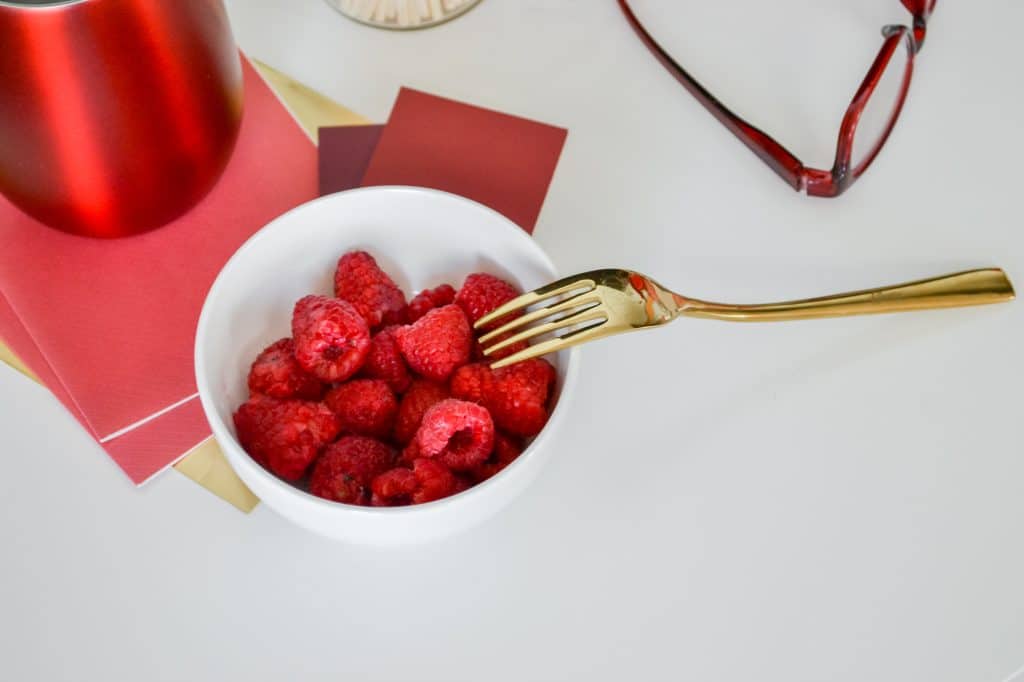
Every year, the Environmental Working Group releases its list of the 12 non-organic fruits and vegetables to avoid [2]. This list is an excellent example of where clean eating can do more harm than good.
If budgetary constraints limit your ability to purchase organic produce, you may miss out on some of the most nutrient-dense foods available.
Don’t allow that list to scare you into eliminating fruit and vegetables from your diet. Eating conventionally grown produce is more beneficial than eliminating otherwise healthy food due to fear.
Our recommendation? Buy produce that is within your budget and wash everything thoroughly before eating. If the cost remains an issue, look to canned and frozen options to get in the recommended daily number of fruit and vegetable.
So, is clean eating the answer to my nutrition problems?
Trends such as the “clean eating diet” can be dangerous due to the elevated risk of developing disordered eating. In our opinion, its harms outweigh its benefits. Clean eating may also not be realistic for the average person, as it can be quite costly and does not consider the budget.
It has been proven that extreme dieting and lifestyle changes are unsustainable [3] and can lead to health complications. Start thinking critically and looking closer at diets and ways of eating that may not seem realistic for your lifestyle. Consider who is pushing the diet and what plan they are selling.
Investigate, and ask a healthcare professional, physician, and a registered dietitian (RD) before following these trends. Your mental and physical health is not worth experimenting with.
Ten healthy and smart alternatives to clean eating
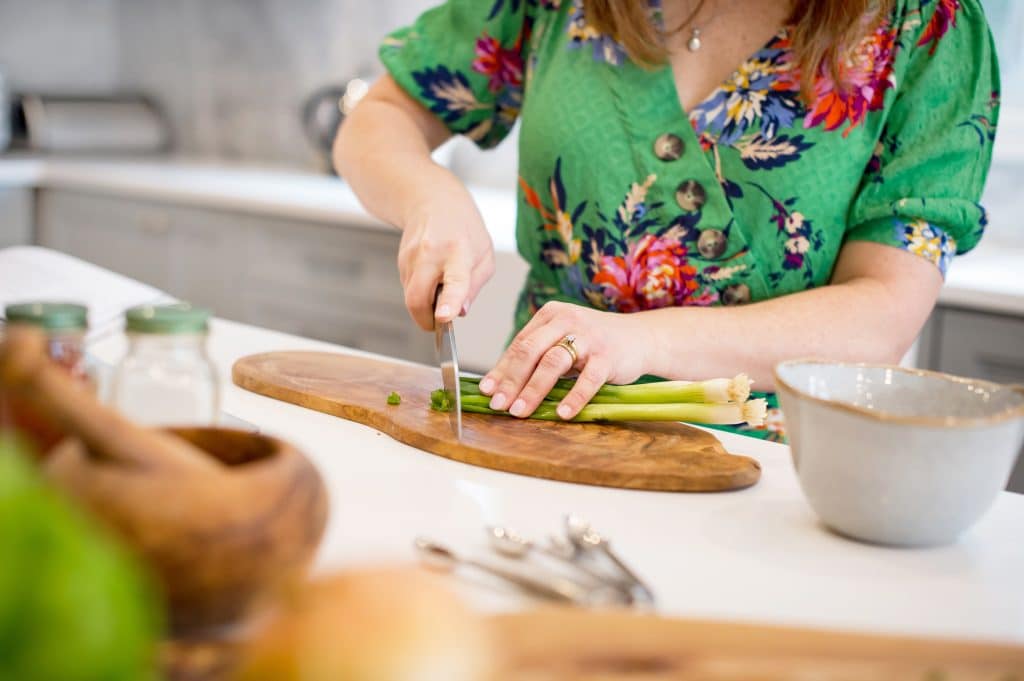
- Plan your meals using meal prepping. Meal prep saves both time and money. Plus, it can help with portion control and dietary selection.
- Buy seasonal fruits and vegetables to reduce food costs.
- Incorporate frozen and canned options into your diet. Look for varieties that are sugar and sodium-free.
- Educate yourself by reading food labels.
- Buy in small quantities to prevent food waste.
- Eat a variety of foods for a balanced diet. This includes both fresh and processed food.
- Maintain hydration by drinking water before, during, and after each ride.
- Cycle regularly. Getting at least 150 minutes of moderate physical activity per week is essential.
- Remember —“the dose makes the poison.” Just because something has a chemical in the ingredient list or it is processed does not automatically make it “bad” for you.
- When in doubt, ask! Reach out to a professional if you need guidance. If you have not already done so, join the Facebook community.
So, what else can I do?
You can sign up for a FREE Diet Quality Assessment. It is essential to know where your current diet stands. Knowing where to start is critical to creating a sustainable healthy lifestyle and getting off the dieting merry-go-round once and for all.
This scientifically validated online dietary questionnaire tool gathers information about your diet over the last 90-days. In just 30-minutes, you will have an analysis of your current nutritional intake and what changes can be made. Learn more!
Reach out for help if you still feel confused about what meal plan best suits you and your cycling. Ask questions in the Facebook group, email us, or comment below.

